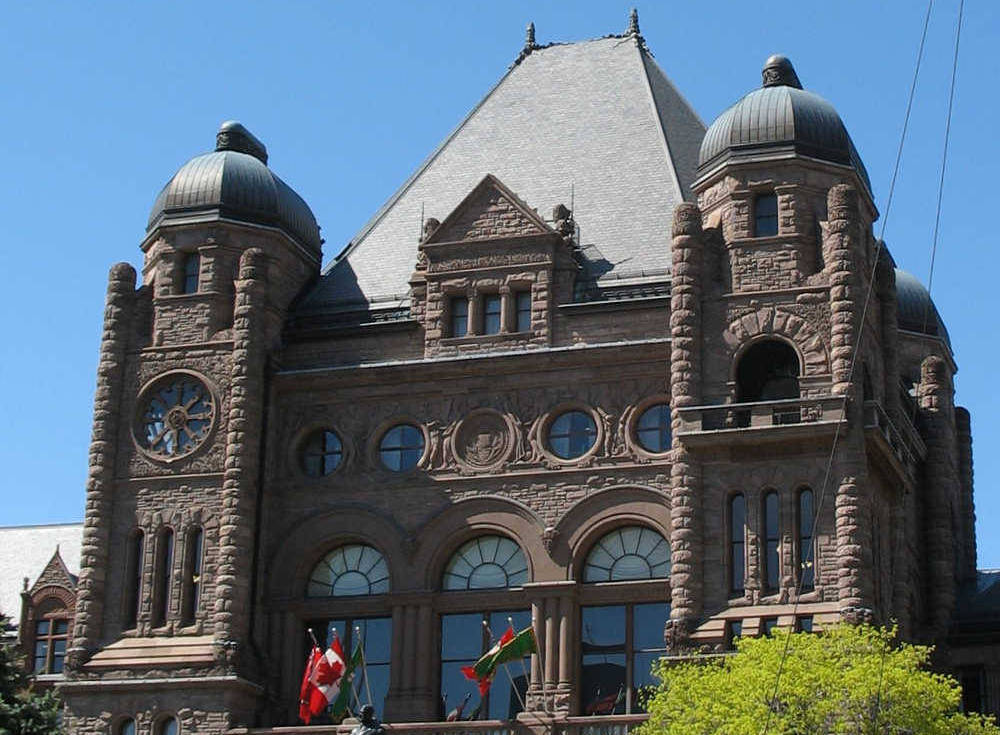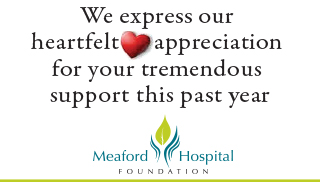With key public health and health care indicators starting to show signs of improvement, the Ontario government, in consultation with the Chief Medical Officer of Health, today released details of steps to cautiously and gradually ease public health measures, starting on January 31, 2022.
“The evidence tells us that the measures we put in place to blunt transmission of Omicron are working,” said Premier Doug Ford. “We can be confident that the worst is behind us and that we are now in a position to cautiously and gradually ease public health measures. While February will continue to present its own challenges, given current trends these are challenges we are confident we can manage.”
As a result of the additional public health measures enacted on January 5, 2022, the province is beginning to see signs of stabilization in key public health and health system indicators. Per cent positivity has fallen and new admissions to hospital have started to stabilize with length of stay shortening considerably. Over the coming days and weeks, these trends are expected to continue, allowing the province to begin cautiously easing public health measures.
In the absence of concerning trends in public health and health care indicators, Ontario will follow a cautious and phased approach to lifting public health measures, with 21 days between each step.
Effective January 31, 2022 at 12:01 a.m. Ontario will begin the process of gradually easing restrictions, while maintaining protective measures, including but not limited to:
- Increasing social gathering limits to 10 people indoors and 25 people outdoors.
Increasing or maintaining capacity limits at 50 per cent in indoor public settings, including but not limited to:
- Restaurants, bars and other food or drink establishments without dance facilities;
- Retailers (including grocery stores and pharmacies)
- Shopping malls;
- Non-spectator areas of sports and recreational fitness facilities, including gyms;
- Cinemas;
- Meeting and event spaces;
- Recreational amenities and amusement parks, including water parks;
- Museums, galleries, aquariums, zoos and similar attractions; and
- Casinos, bingo halls and other gaming establishments
- Religious services, rites, or ceremonies.
- Allowing spectator areas of facilities such as sporting events, concert venues and theatres to operate at 50 per cent seated capacity or 500 people, whichever is less.
Enhanced proof of vaccination, and other requirements would continue to apply in existing settings.
Effective February 21, 2022, Ontario will lift public health measures, including:
- Increasing social gathering limits to 25 people indoors and 100 people outdoors.
- Removing capacity limits in indoor public settings where proof of vaccination is required, including but not limited to restaurants, indoor sports and recreational facilities, cinemas, as well as other settings that choose to opt-in to proof of vaccination requirements.
- Permitting spectator capacity at sporting events, concert venues, and theatres at 50 per cent capacity.
- Limiting capacity in most remaining indoor public settings where proof of vaccination is not required to the number of people that can maintain two metres of physical distance.
- Indoor religious services, rites or ceremonies limited to the number that can maintain two metres of physical distance, with no limit if proof of vaccination is required.
- Increasing indoor capacity limits to 25 per cent in the remaining higher-risk settings where proof of vaccination is required, including nightclubs, wedding receptions in meeting or event spaces where there is dancing, as well as bathhouses and sex clubs.
Enhanced proof of vaccination, and other requirements would continue to apply in existing settings.
Effective March 14, 2022, Ontario will take additional steps to ease public health measures, including:
- Lifting capacity limits in all indoor public settings. Proof of vaccination will be maintained in existing settings in addition to other regular measures.
- Lifting remaining capacity limits on religious services, rites, or ceremonies.
- Increase social gathering limits to 50 people indoors with no limits for outdoor gatherings.
To manage COVID-19 over the long-term, local and regional responses by public health units may be deployed based on local context and conditions.
“Thanks to the sacrifices of Ontarians we are starting to see glimmers of hope. However we know the coming weeks will continue to pose challenges, especially for our hospital partners,” said Christine Elliott, Deputy Premier and Minister of Health. “As we continue to chart our path forward, we will continue to take a gradual and cautious approach to lifting public health measures to protect our hospital capacity and ensure patients can continue to access the care they need.”
“Thanks to the efforts of Ontarians going out to get their booster dose and adhering to current public health and workplace safety measures, we are in a position where we can begin planning to gradually and cautiously ease restrictions,” said Dr. Kieran Moore, Chief Medical Officer of Health. “The months ahead will require continued vigilance, as we don’t want to cause any further disruption to people’s everyday lives. We must continue to prevent the transmission of COVID-19 in our communities by following the measures in place and by vaccinating those who have not yet received their doses.”
To support businesses required to close or reduce capacity due to the public health measures put in place to blunt the spread of the Omicron variant, the government has launched the Ontario Business Costs Rebate Program. Through the new program, the government will provide eligible businesses with a rebate payment of up to 100 per cent for property tax and energy costs they incur while subject to these restrictions. Applications for the program opened on January 18, 2022. Learn more about the program and apply here.
The government is also introducing a new COVID-19 Small Business Relief Grant that will give businesses subject to closure under the modified Step Two of the Roadmap to Reopen a $10,000 grant. The money will flow to eligible businesses in February. In addition, the government is also improving cash flows for Ontario businesses by making up to $7.5 billion available through a six-month interest- and penalty-free period for Ontario businesses to make payments for most provincially administered taxes. This penalty and interest-free period started on January 1, 2022. This supports businesses now and provides the flexibility they will need for long-term planning.












